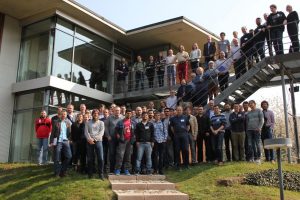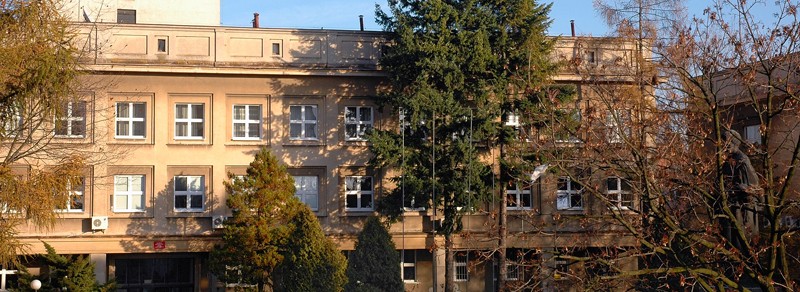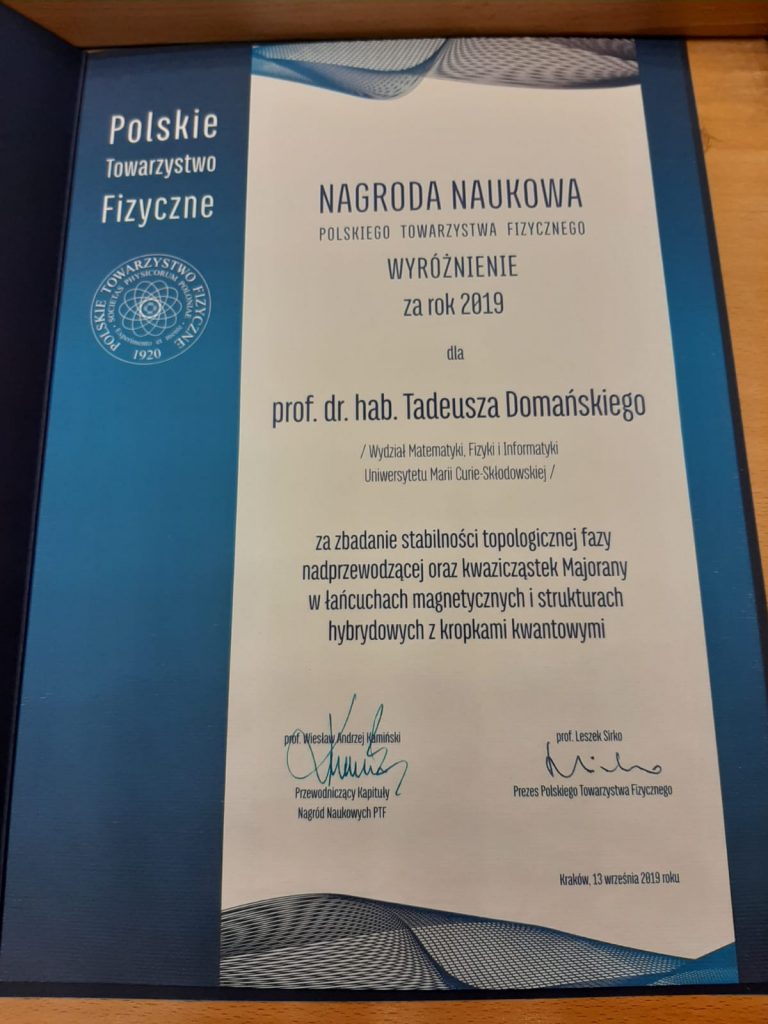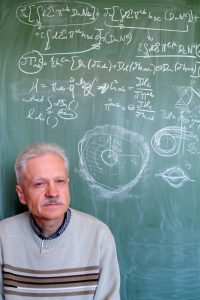The focused workshop Bound States in Superconductors and Interfaces took place from 8-th till 10-th April 2019, and hosted 66 participants from 20 different countries. Its main purpose was to exchange information on the current realizations, challenges and future perspectives of electronic bound states inside the superconductor energy gap at impurities, interfaces with superconducting reservoirs and various hybrid nanostructures. The associated quasiparticles are presently of considerable importance because they enable unique phenomena, such as e.g. long-lived qubits, evolution of discrete sub-gap states into topologically non-trivial bands hosting Majorana-type endmodes, and allow for experimentally controllable spectroscopy of correlated many-body states.
The workshop brought together the leading experts, both in experimental and theoretical studies in this field. The talks discussed realizations of the subgap states in various materials and devices, their detection in hybrid quantum dots and/or artificial quantum impurities embedded in the Josephson- and Andreev-type junctions, spectroscopy of the bound states in semiconducting nanowires, carbon nanotubes, hybrid superconductor-semiconductor quantum dots, gate-tunable studies of the subgap Kondo regime and many other related issues. Theoretical lectures have addressed the correlation effects, nonlocal processes, dynamic phenomena and properties of exotic mutations of the bound states in topological materials.
A comprehensive overview of the phenomena related to existence of defects/impurities in superconductors has been delivered by Alexander V. Balatsky (NORDITA), emphasizing the recently discovered Dirac materials and exotic types of electron pairing with an odd symmetry. His colloquium has been attended not only by participants of the workshop but also by members of the Max Planck Institute and other neighboring research institutions. Invited lectures have been given by internationally recognized experts of the experimental and theoretical studies. Several younger scientists have contributed their brief talks on important problems related to the bound states. During the first day of the workshop there has been organized a poster session with 30 presentations. Individual discussions between participants gave an opportunity to exchange ideas and might stimulate the ongoing and establish new collaboration projects, leading to development of this research field. Overall, the workshop provided a pleasant atmosphere with lively discussions.
Webpage address: https://www.pks.mpg.de/bossa19/




